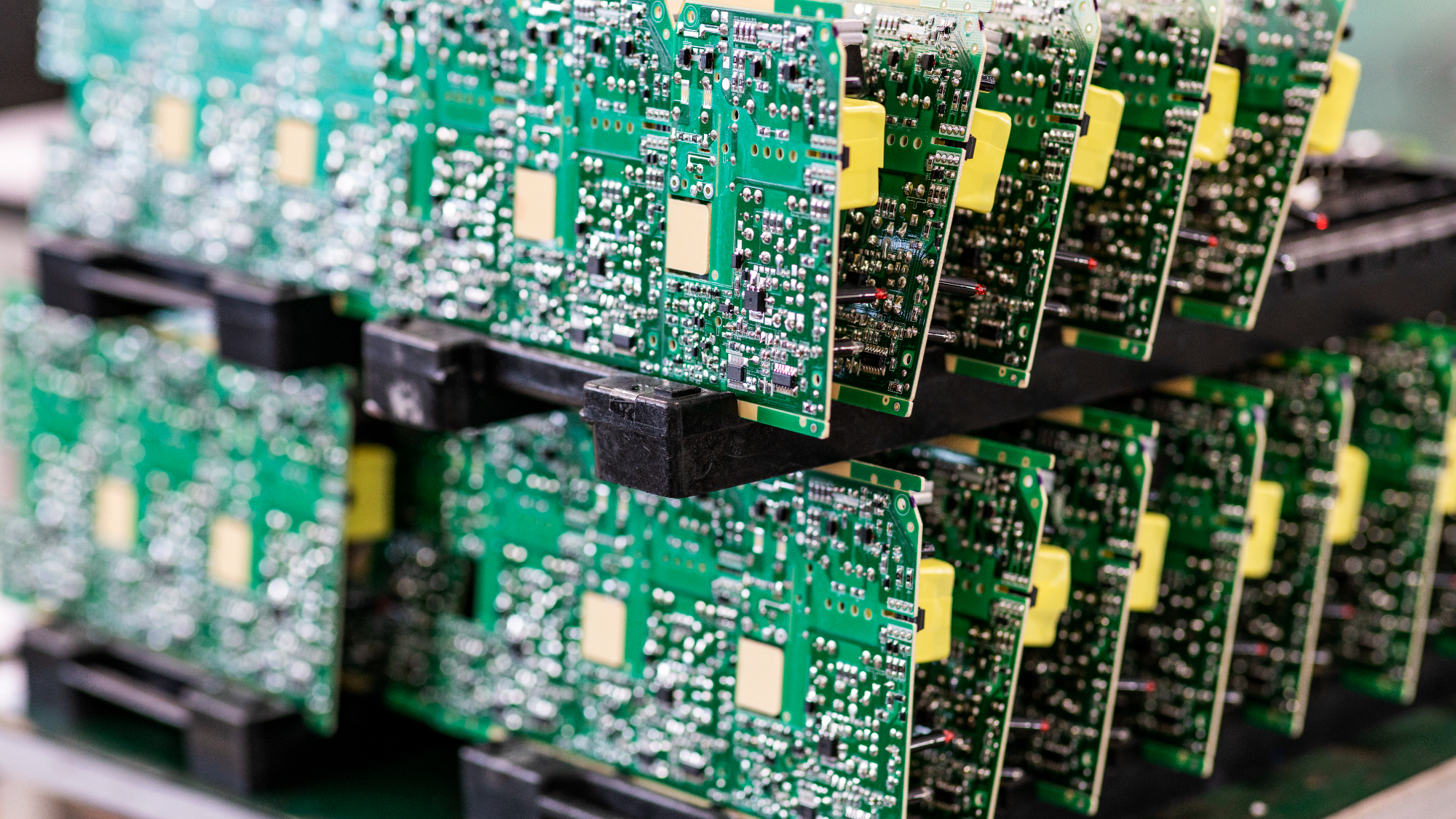
Vital companies such as Lam have already started pulling support staff from Chinese fabs.
On Friday, the United States announced new restrictions that ban US semiconductor equipment suppliers from exporting to China. The sanctions hope to cut off China’s ability to obtain advanced semiconductors used for supercomputing due to the national security concerns, the US claims.
As reported in the Financial Times, US-based equipment suppliers have to cease all business with Chinese semiconductor companies. The move forces Chinese chip makers to look elsewhere for manufacturing tools and equipment—a massive blow to China’s semiconductor industry.
US semiconductor toolmakers such as Lam Research, Applied Materials, and KLA Corporation have already started work to comply with the new regulations. Lam is “pulling out support staff” from chipmakers in China, according to FT. An anonymous employee speaking to the publication said that they are being told to “stay away from fabs in China for now.”
ASML, another chip toolmaker, has told all US employees to “refrain—either directly or indirectly—from servicing, shipping or providing support to any customers in China until further notice.”
The new sanctions, according to the statement from the Department of Commerce’s Bureau of Industry and Security (BIS), are part of “ongoing efforts to protect U.S. national security and foreign policy interests.” The BIS also says that restriction will hinder China’s ability “purchase and manufacture certain high-end chips used in military applications.”
Any US citizen or company that wants to provide services to Chinese chipmakers will need special approval from the Department of Commerce. Chinese chipmakers can apply for permission from the US to do business with these companies.
(Image credit: Future)
Best CPU for gaming: The top chips from Intel and AMD
Best gaming motherboard: The right boards
Best graphics card: Your perfect pixel-pusher awaits
Best SSD for gaming: Get into the game ahead of the rest
TSMC and SK Hynix told FT that they had both received one-year exceptions.
Reuters reports that enforcement of these new rules limiting the export of sensitive technology to China will be strict. It’s part of an “overarching policy to address concerns stemming from the PRC’s use of these particular technologies to the detriment of US national security and foreign policy interests” in recent months.
In a statement last Thursday, the China Semiconductor Industry Association said it hopes “the US government can adjust its wrong course of action,” according to FT.
The other company well known to PC gamers facing complications with its business in China is Nvidia. The company was ordered to halt sales of some of its more powerful graphics cards to companies in China, though shortly after was given a one year exception to ensure its continued logistical operations in Hong Kong.








